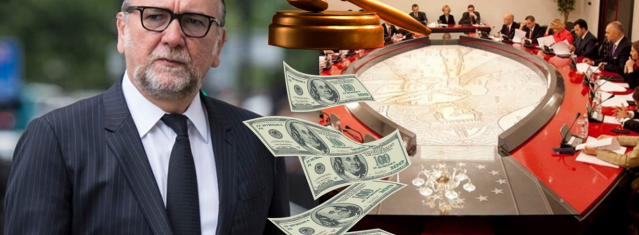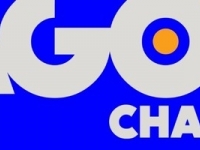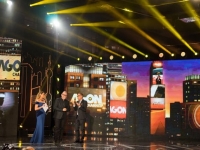News
Court of Arbitration Orders Albania to Pay €110 Million
“˜Politically Motivated´ Closure Agon

USPA NEWS -
Albania was ordered to pay €110 million to Italian businessman Francesco Becchetti following the “politically motivated“ government closure of his Agon television channel in 2015.
On Friday, an ad hoc panel of International Centre for Settlement of Investment Disputes (ICSID), an arbitration court, rejected a request by the Albanian government for the annulment of the court´s decision in April 2019 to award Bechetti €110 million. This is a final decision by the arbitration court and it means that Albania must start paying Becchetti now.
It is the largest amount lost by Albania in an arbitration case, according to Voice of America.
In May 2019, Exit already reported on the ICSID verdict of April 24, the contents of which at that point were still unconfirmed. Back then, Prime Minister Edi Rama Prime Minister refused to disclose any details, citing a confidentiality agreement.
On Friday, an ad hoc panel of International Centre for Settlement of Investment Disputes (ICSID), an arbitration court, rejected a request by the Albanian government for the annulment of the court´s decision in April 2019 to award Bechetti €110 million. This is a final decision by the arbitration court and it means that Albania must start paying Becchetti now.
It is the largest amount lost by Albania in an arbitration case, according to Voice of America.
In May 2019, Exit already reported on the ICSID verdict of April 24, the contents of which at that point were still unconfirmed. Back then, Prime Minister Edi Rama Prime Minister refused to disclose any details, citing a confidentiality agreement.
The ICSID concluded back then that in the expropriation of Becchetti´s TV channel there was evidence of politically motivated campaign. The tribunal found that the evidence “strongly support[s] an inference that the seizure decisions were the culmination of a political campaign against the claimants.“ Becchetti had originally claimed €650 million in damages but the court awarded him €110 million.
The Albania government filed a request for the annulment of the award of €110 million in August 2019. The court suspended the execution of its April decision to review the annulment request. It took the court two years to issue its final verdict today, rejecting the Albanian government´s request, and ordering it to pay the Italian businessman the award.
In this last phase of the arbitration, Albania was represented by Foley Hoag law firm, Becchetti was represented by Debevoise & Plimpton and Quinn Emanuel Urquhart & Sullivan.
The Albania government filed a request for the annulment of the award of €110 million in August 2019. The court suspended the execution of its April decision to review the annulment request. It took the court two years to issue its final verdict today, rejecting the Albanian government´s request, and ordering it to pay the Italian businessman the award.
In this last phase of the arbitration, Albania was represented by Foley Hoag law firm, Becchetti was represented by Debevoise & Plimpton and Quinn Emanuel Urquhart & Sullivan.
Mounting Costs
Up to November 2016, the Rama government had spent upwards of €4 million on legal fees through special decisions of the Council of Ministers (VKM), outside the control of Parliament.
On September 22, 2015, the KM decided on a payment of 220,000 US dollars for administrative costs of the arbitration; 200,000 euro for the defense lawyers.
On the same date, the KM decided on a payment of 39,050,000 lekë (about 280,000 euro) for the lawyers dealing with the case of the recycling plant.
On December 9, 2015, the KM decided on an additional payment of 1.95 million euro for the lawyers dealing with the case of the hydropower plant of Kalivaç.
On November 2, 2016, the KM decided on another additional payment of 1.18 million euro and 125,000 US dollars for the lawyers in the Kalivaç case.
The total costs of the case for the Albanian taxpayers have not been disclosed.
Liability for this article lies with the author, who also holds the copyright. Editorial content from USPA may be quoted on other websites as long as the quote comprises no more than 5% of the entire text, is marked as such and the source is named (via hyperlink).







